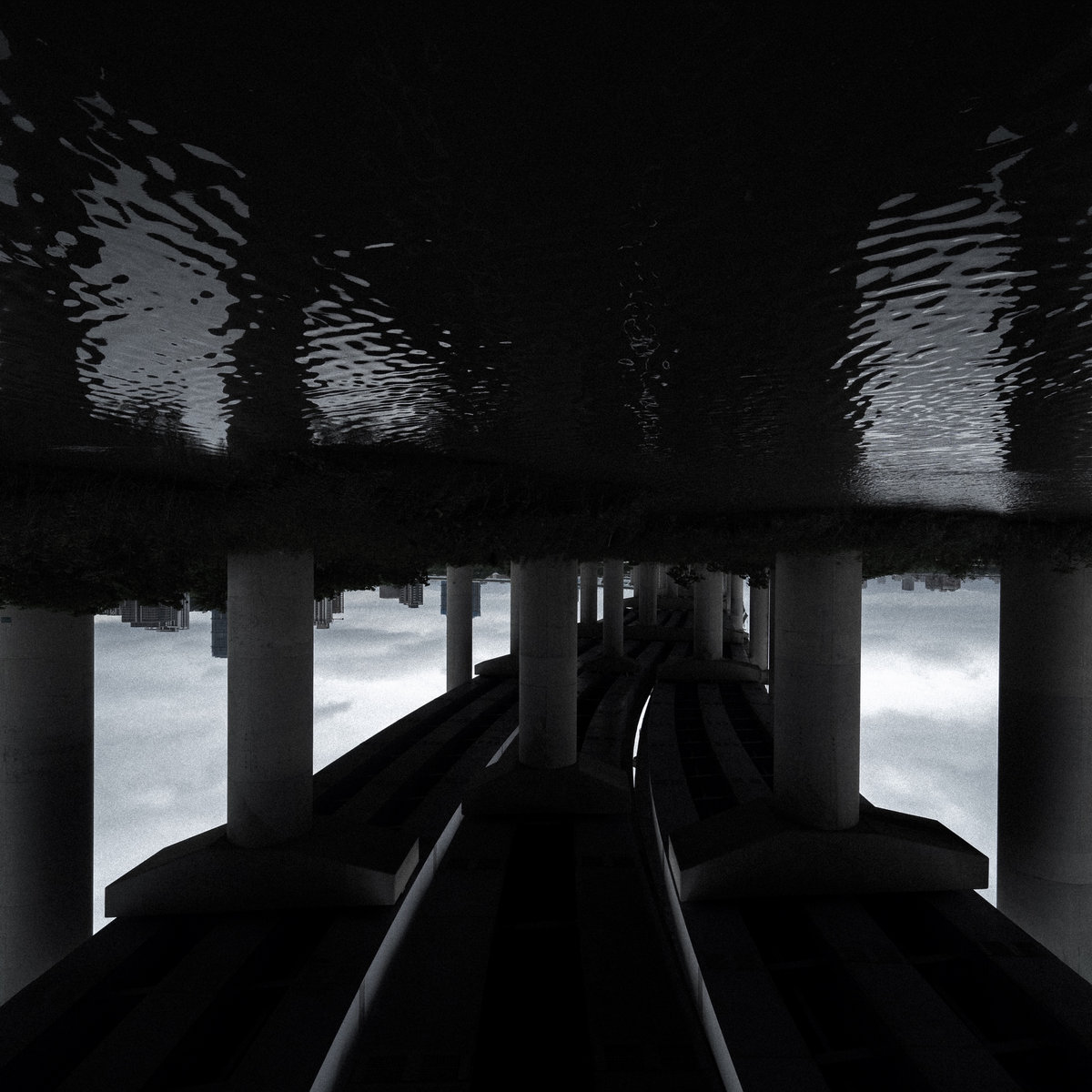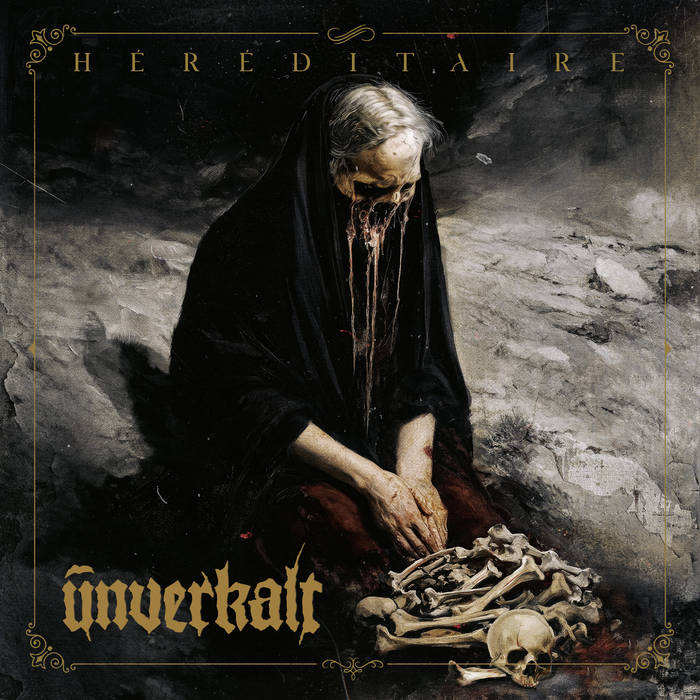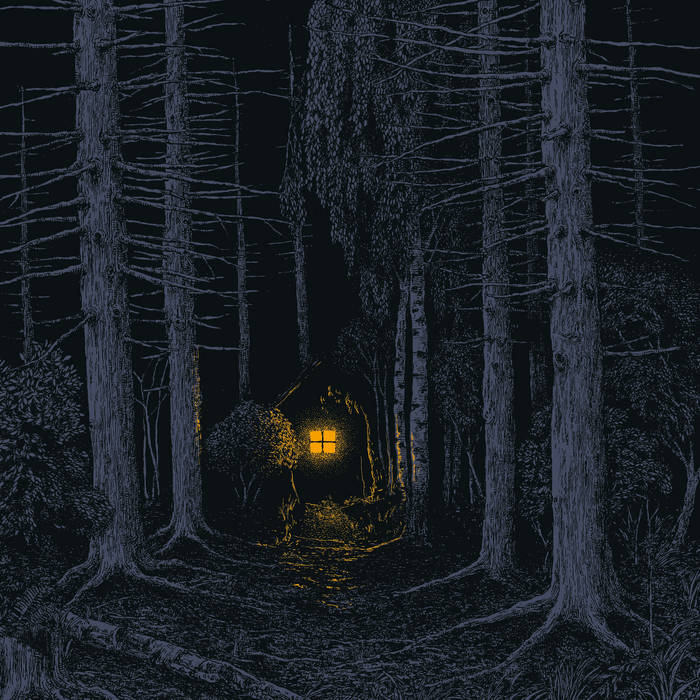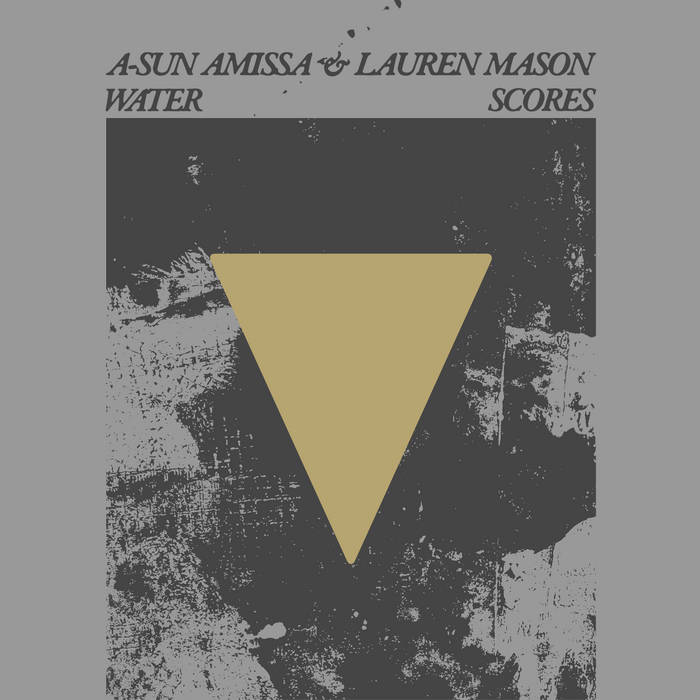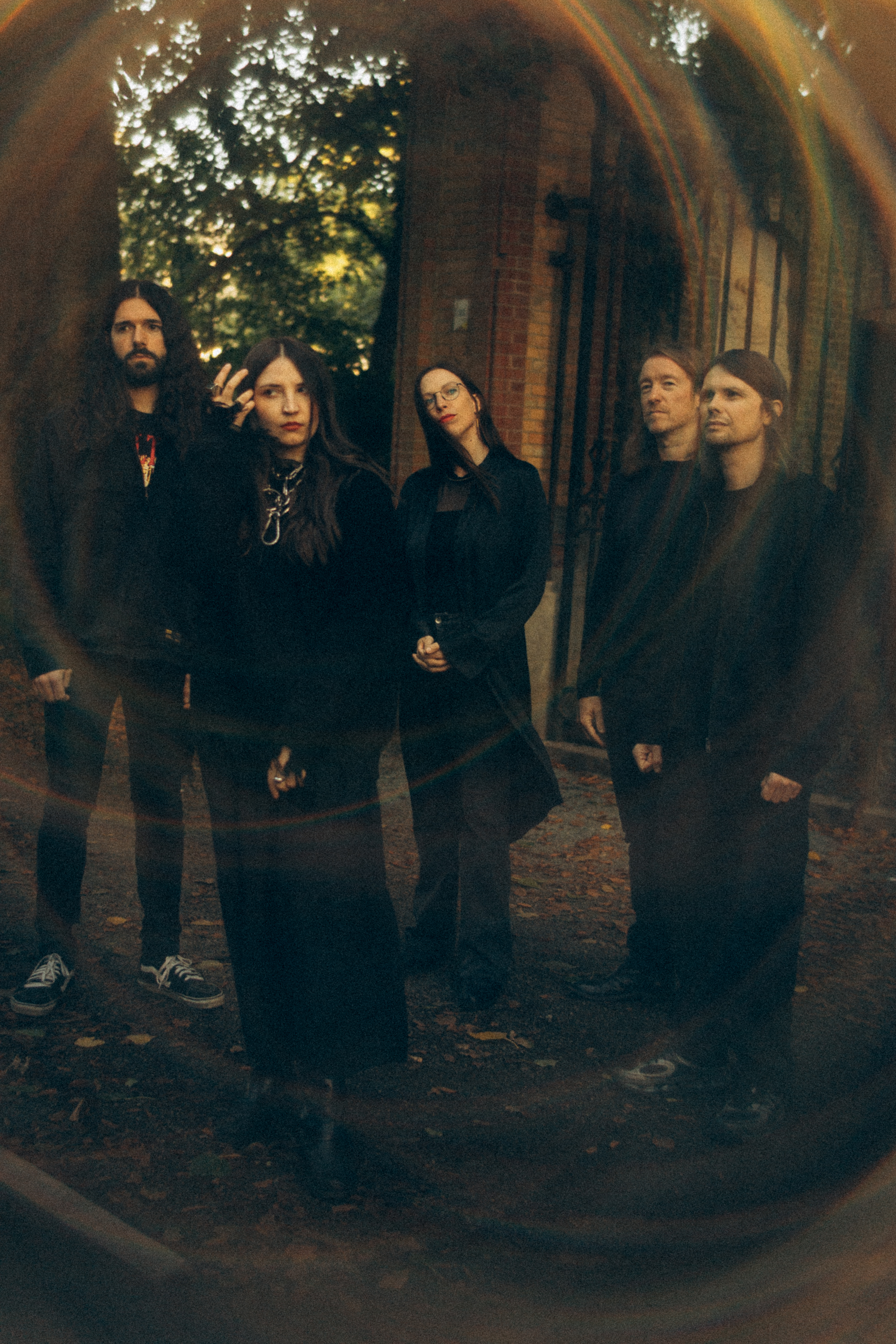Interviews
If you are one of those nerds who wants to know more about a band or an artist than just their records, then our interviews are right your thing! We feature an interview every week by a different artist and from a different genre. Every once in a while we also feature a lengthy interview with a musical hero from the past. Furthermore you can also find some shorter interviews we did for our specials here! And now - enjoy and read, what some amazing artists have to say!
-
Interview with Will Putney (END)
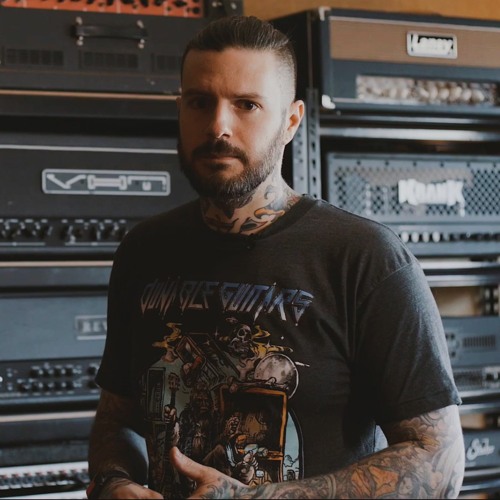 26 Dec 2023 - Thorsten
26 Dec 2023 - Thorsten
VoS-Interview-Marathon 2023 - Day 3 - Will Putney (END, Better Lovers, Fit for an Autopsy)
You all know that we here at have a heart for more than one genre, so we have had Post-Metal and Drone Metal in this marathon and what else could be next than an interview with Hardcore-Metalcore workaholic Will Putney? The guy has been an awesome person to talk to as he was very open and had a lot to say about END, their new record The Sin of Human Frailty, (upcoming) tours, Better Lovers, the Tri-State-Area scene and much much more! Don’t be surprised if you come across a guy who’s well-versed in his music knowledge (across many genres) and who is also very clear about what he can do and what not. So enjoy the interview and make sure to check back tomorrow to find the next interview!
Continue reading > -
Interview with Aidan Baker (Nadja)

-
Interview with Robin Staps (The Ocean)
 24 Dec 2023 - Thorsten
24 Dec 2023 - Thorsten
Prolific and proficient! That’s surely something one can say about Robin Staps, his band The Ocean and his label Pelagic Records. We have not only reviewed a lot of records out via Pelagic Records (for example the latest releases by Saver, Arabrot, Mono, Jaye Jayle or JeGong), no Simon has also reviewed the last The Ocean record Holocene (you can check out his review here). But one thing that we must also know about Robin is that he is a man with a lot of interests and as it is always interesting to be interested we were really happy to interview him and kickstart our Xmas-to-New Year-interview marathon!
Continue reading > -
Interview with Briqueville
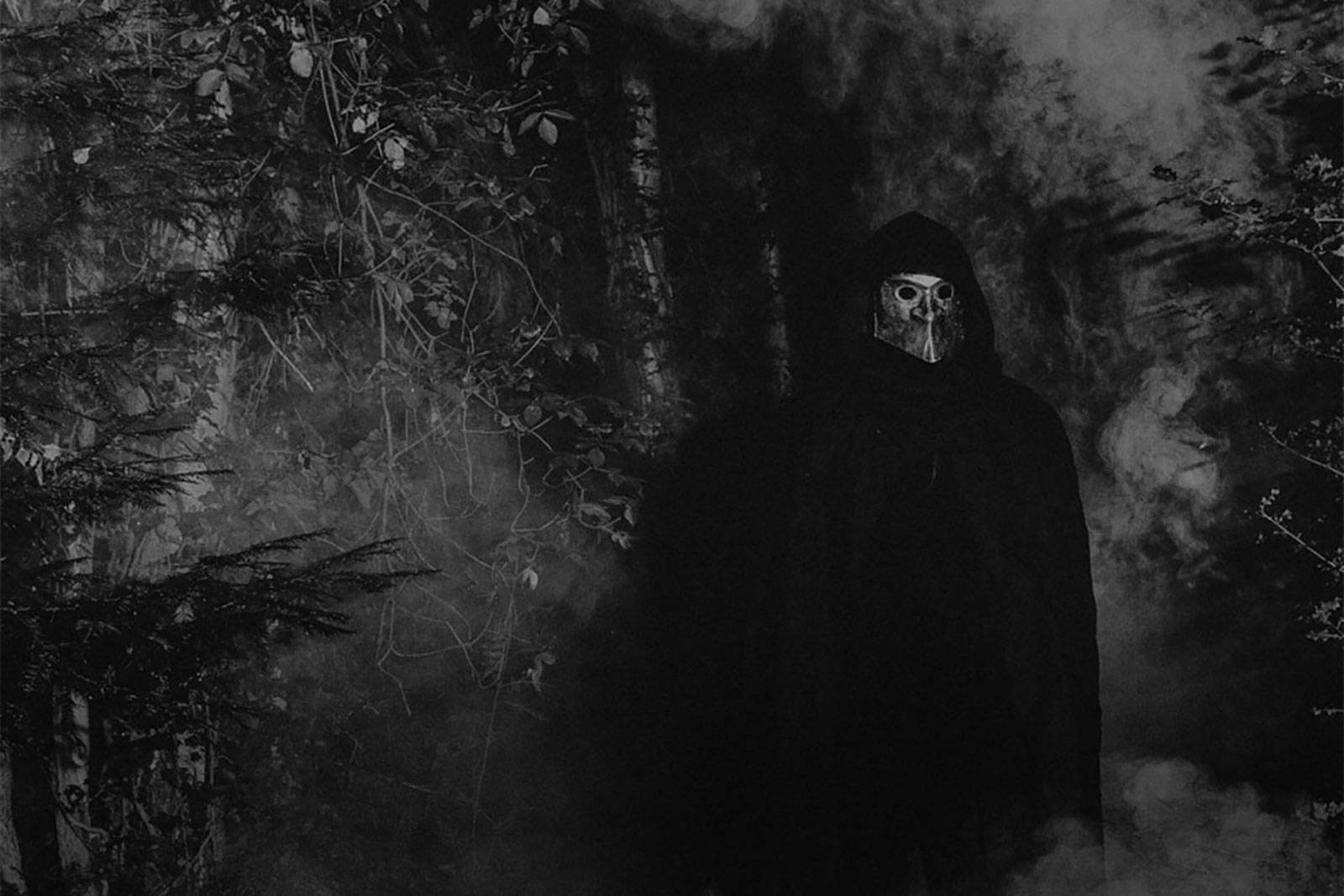 17 Dec 2023 - Thorsten
17 Dec 2023 - Thorsten
Over the last couple of years, we have witnessed many great new Doom bands. But rarely has one hit as hard as Belgian-based BRIQUEVILLE which has by now released several records through Pelagic Records. They might be the slowest, doomiest band on the roster, but they’re surely one of the most intriguing, densest and simultaneously most refined, most intricate bands in all of Europe. As we are always interested in presenting you something different and unique we are more than happy to give you a premiere - this is the first interview the band has ever done that’s not written! However, we of course kept the anonymity of the band member we spoke to. We touched on the new record, the development of their sound and who is under the hoods, there’s one answer that’ll surprise you, for sure! Enjoy!
Continue reading > -
Interview with Sleepbomb
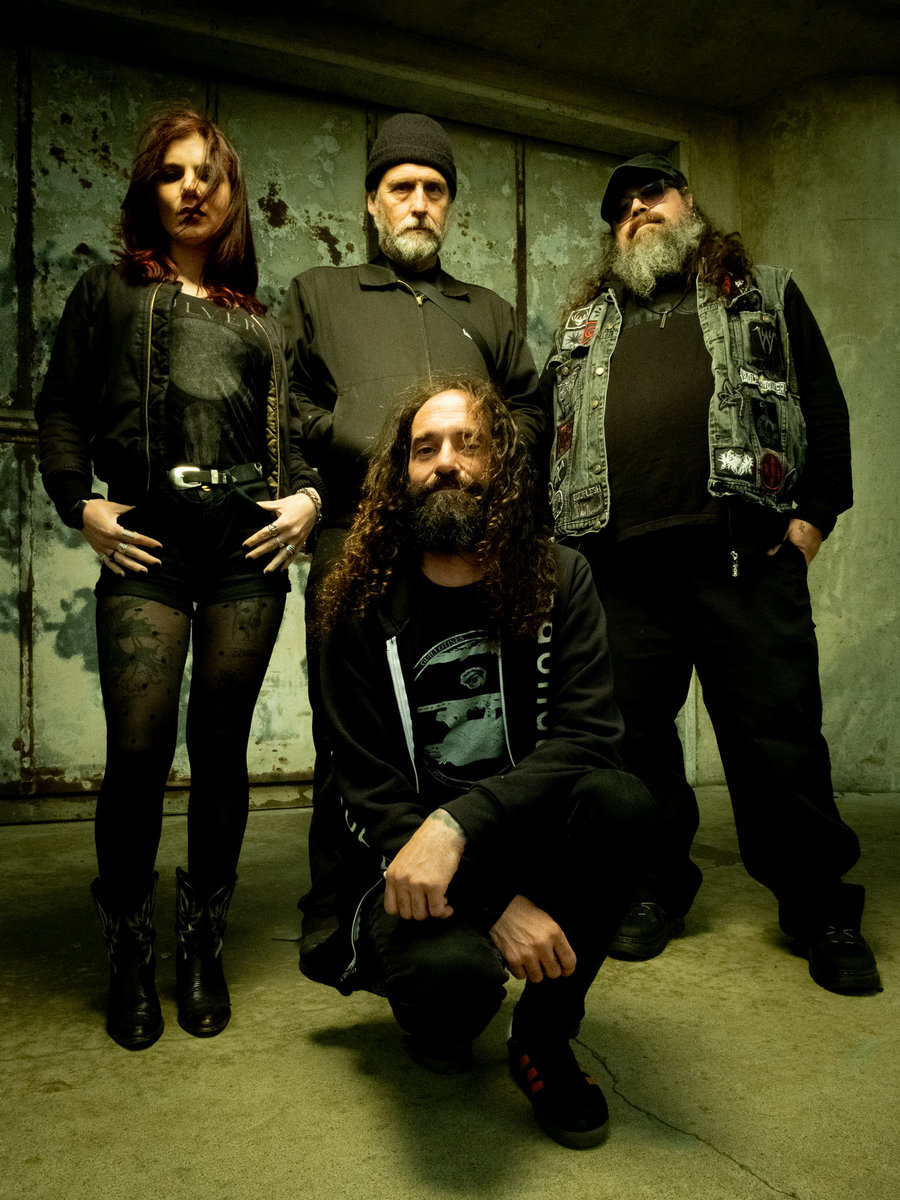 09 Dec 2023 - Thorsten
09 Dec 2023 - Thorsten
A few weeks ago we had an interview with Billy Gould and in that one we mentioned this awesome band called Sleepbomb whose latest record is out via Billy’s Koolarrow Records in collaboration with our Belgian besties in Consouling Sounds. The record is really amazing and you should all listen to The Cabinet of Dr. Galigari and therefore we are really happy to have this interview with their bassist and synth player Tim who explained their approach to songwriting and their love for movies and much more!
Continue reading > -
Interview with False Fed
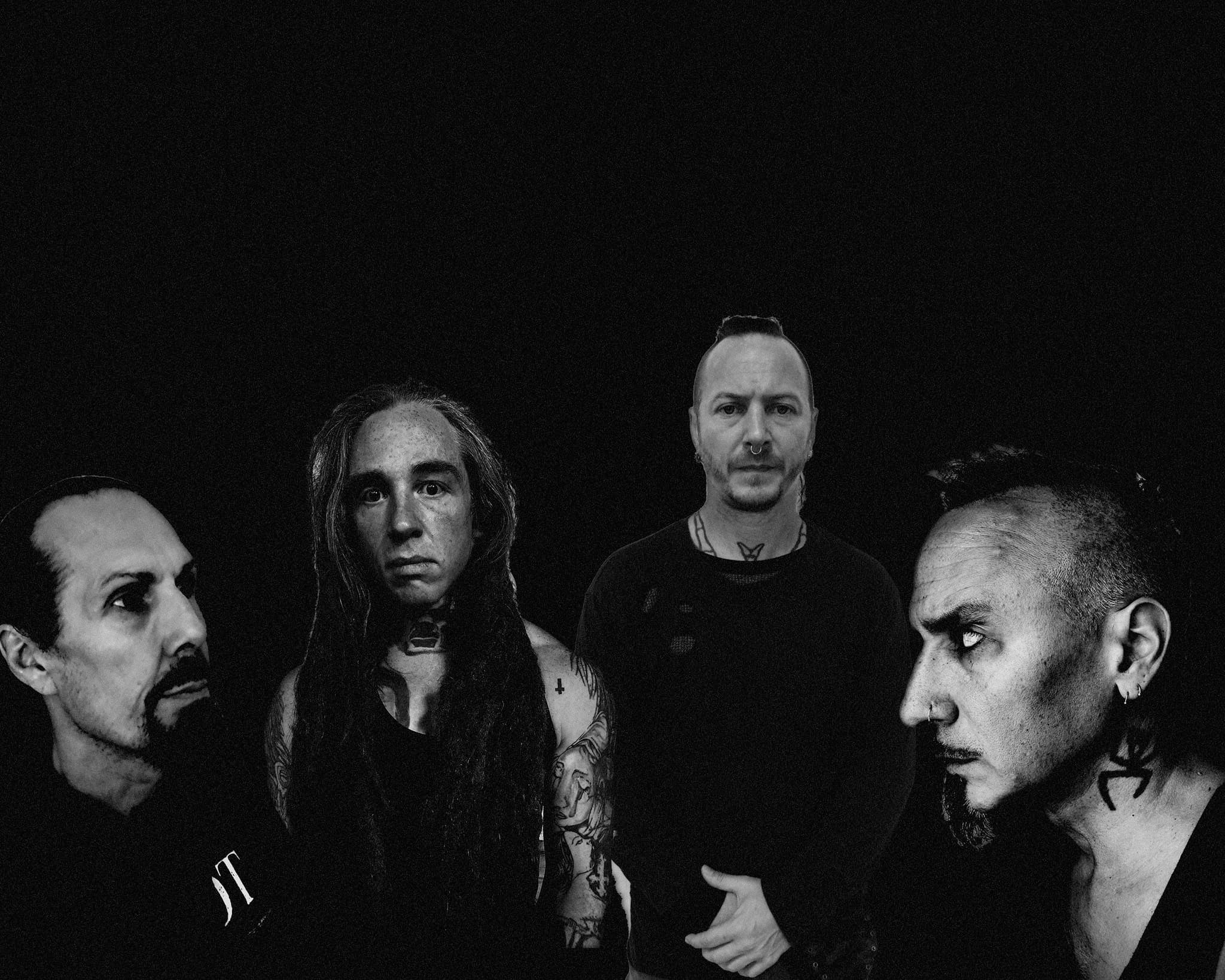 03 Dec 2023 - Thorsten
03 Dec 2023 - Thorsten
When people from different, well-known bands form a new project, we often call them supergroups. Most of the time, these bands have only little to say, because it can be quite hard to arrive at similar ideas. With False Fed this is surely not a topic, because these four guys know what they are doing, how to do it and - most important - what they want to say. The Covid-born project consists of four people who, at least when we talked back in October, had never all been in the same room! Nevertheless, their debut record Let Them Eat Fake is biting and scratching and full of songs and stories very close to the band members’ hearts! Enjoy our interview with all of them and do not forget to check out their record at the bottom of this page!
Continue reading > -
Interview with Sally Gates (Titan to Tachyons, Gates - Dunn - Foxx)
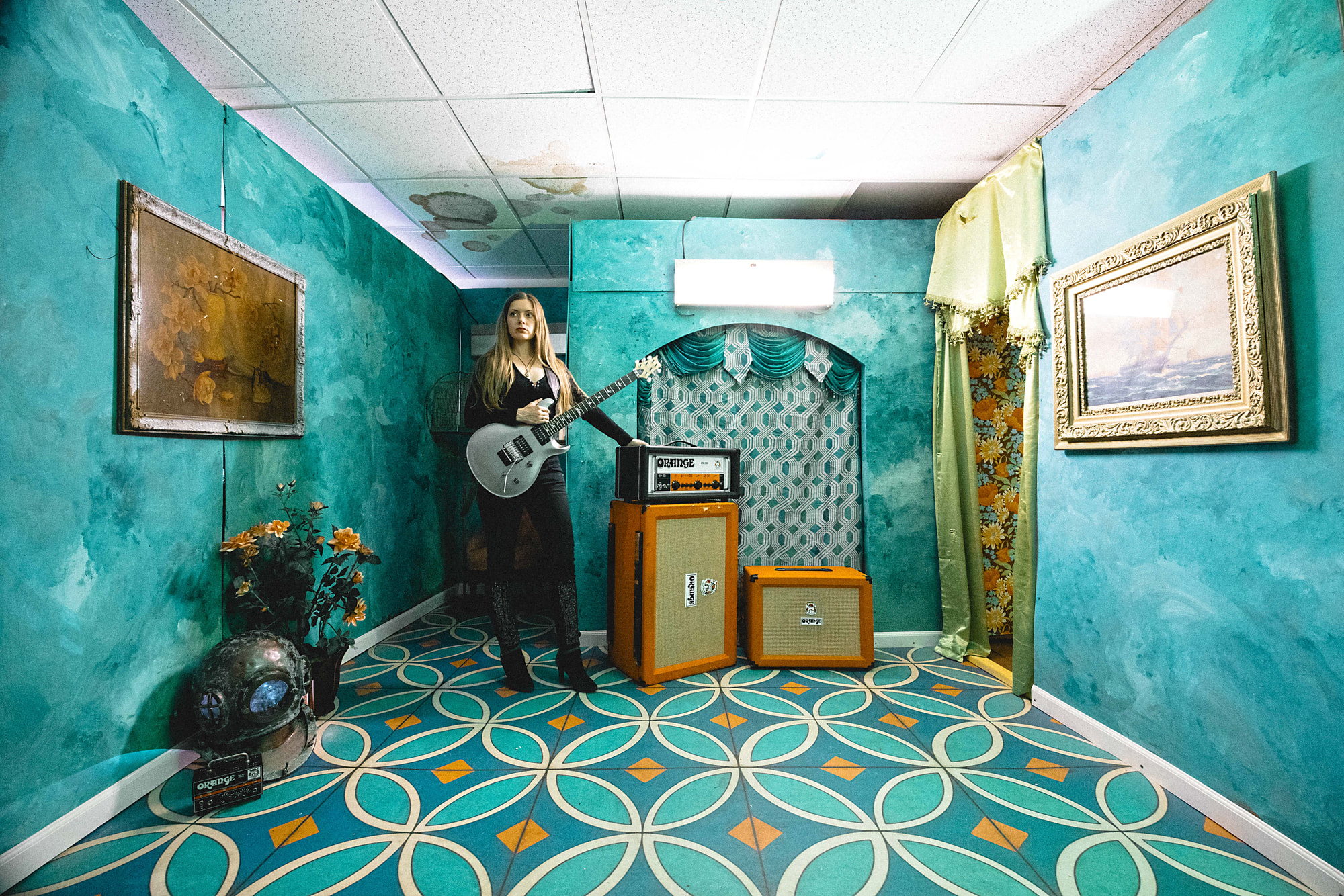 12 Nov 2023 - Thorsten
12 Nov 2023 - Thorsten
Sally Gates should not be a new name to all you VoS-ficionados, because we already spoke with her last year about the last album of her project Titan to Tachyons (we also reviewed Vonals). Sally moved to New York City a few years ago from her home New Zealand, and man, she has been a highly productive and respected part of the New York City Avantgarde scene working with many highly skilled well-regarded musicians around John Zorn and his Tzadik Records label. Now she’s releasing another record that might blow your mind alongside Trevor Dunn and Greg Foxx. So we had to sit down and talk with Sally again, and here you can enjoy our conversation!
Continue reading > -
Interview with Pete Stahl (Pyrkagion)
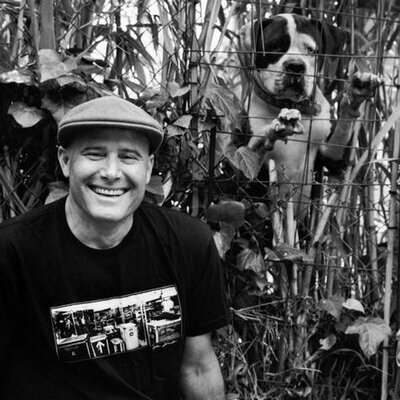 05 Nov 2023 - Thorsten
05 Nov 2023 - Thorsten
Scream is one of these iconic bands that we all heard about when we were young, apart from our walking encyclopedia Knut, who probably witnessed many of the DC Hardcore bands back in his 20s and 30s, but for the regular people among us the early DC years and the bands that came from that area and which were on Dischord or later on Jade Tree are legendary. Minor Threat, State of Alert, Scream - the latter even released the first full-length ever on Dischord. Now they’re back! With a new full-length! With collaborations galore and with great songs! And … with enough time on Pete Stahl’s hands to sit down and talk with us about many, many things! Enjoy another interview with a “living legend”!
Continue reading > -
Interview with Dylan Desmond (Pyrkagion)
 29 Oct 2023 - Thorsten
29 Oct 2023 - Thorsten
Pyrkagion is one of these bands which at the moment are still a bit of an underground band, which is surprising as its members have some pretty famous “main bands” - think of Hissing and Bell Witch! But the most important reason why they are not gonna remain such an underground thing for long is their music: Black Metal in a kind of traditional sense without trying to emulate Trve Scandinavian Black Metal. And this music (you can check out our review here) is so much that we sought the opportunity to talk to Dylan again, who is one wonderful interview partner and if you listened to our interview (with Bell Witch) you will know what you are up for now. We sat down, talked about the record, its background and how Dylan had to learn a new instrument and also which book he prefers Dune or The Lord of The Rings. Enjoy!
Continue reading > -
Interview with Great Falls
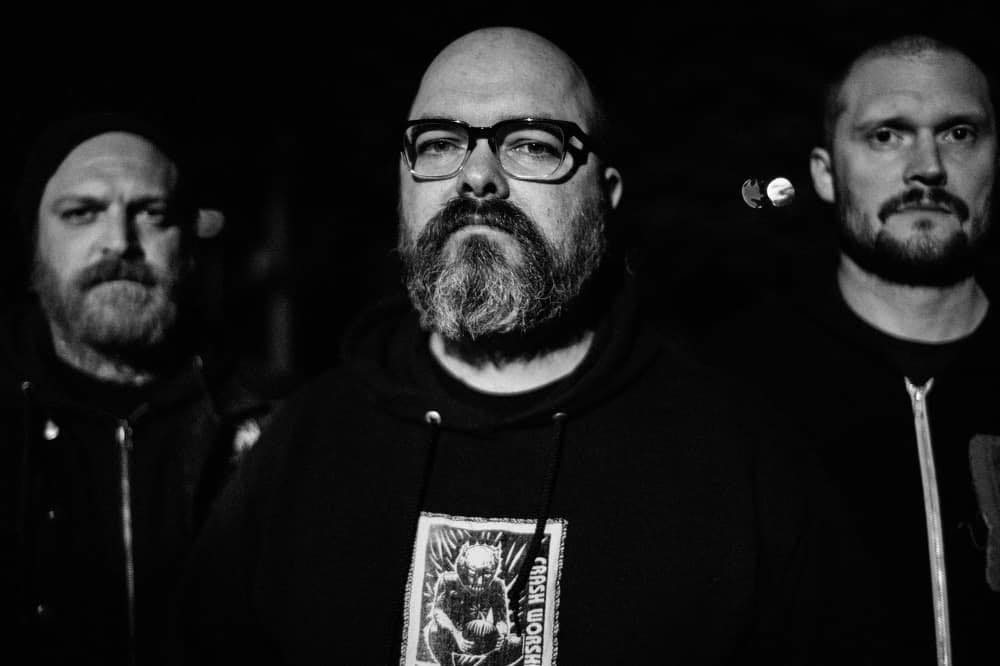 22 Oct 2023 - Thorsten
22 Oct 2023 - Thorsten
There are records that are personal because we “make” them personal, by listening to the songs and the story and we associate a lot of our individual history and experience with it until the two things - record and experience - blend into one thing. To me, Great Falls released such a record like this a few weeks ago. Our man Knut wrote a great review on it (here you can read it) and he was a struck by the record as I was. Both of us thought it would be grand to get an interview with one of the guys and we were more than lucky, all three sat down with us!
Continue reading > -
Interview with Sleepwalker
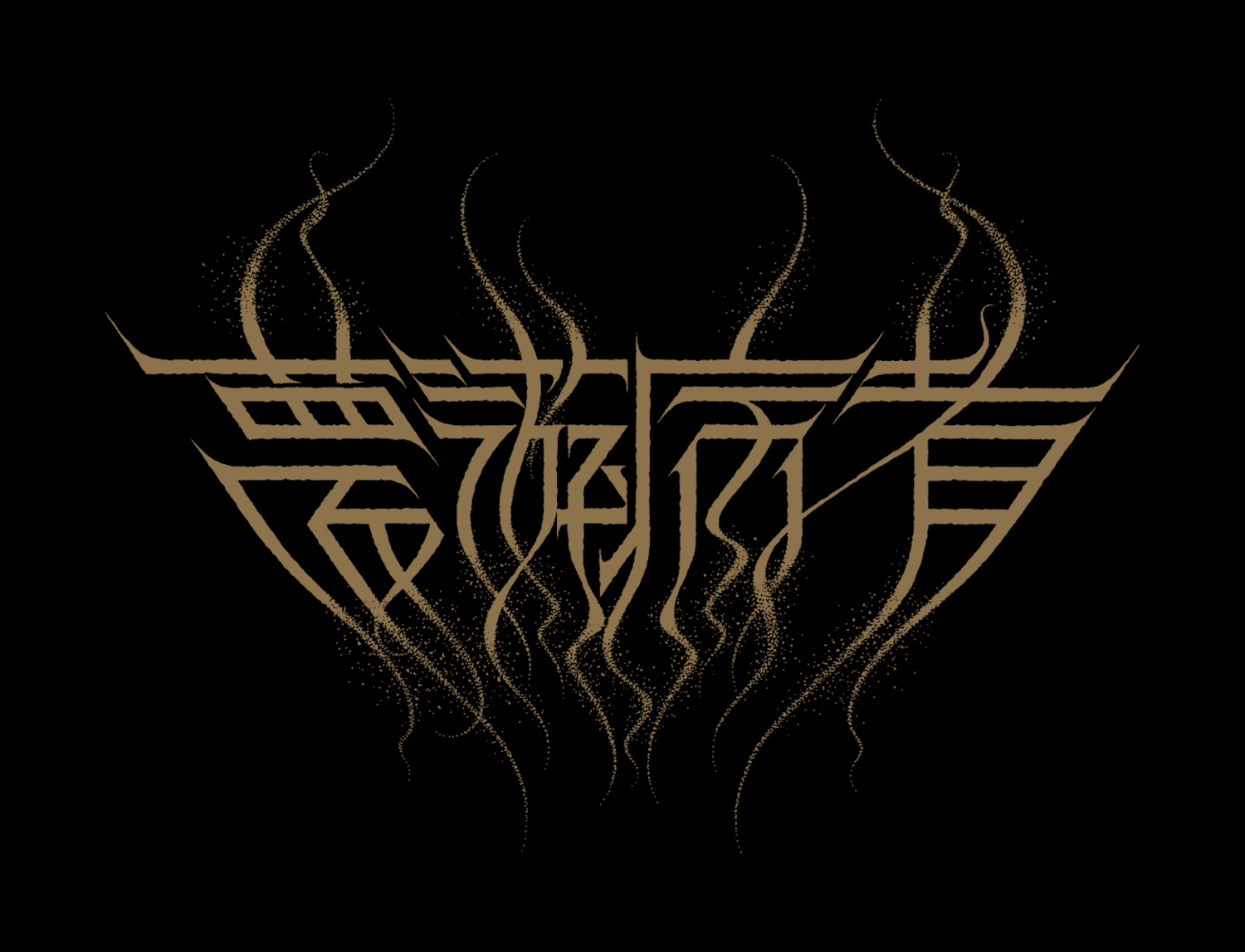 15 Oct 2023 - Thorsten
15 Oct 2023 - Thorsten
Some of our interviews are audio only for a good reason and today’s is such an occasion. 夢遊病者 (or “Sleepwalker”) are one of these enigmatic bands that see their members as mere vessels for songs and structures that are already there but only need to be turned into sound. The musicians behind it thus become somewhat obsolete and therefore irrelevant. Nevertheless we are happy to talk with one of them - and this not in a written form as we did roughly two years ago but as a podcast interview!
Continue reading > -
Interview with Ilja Lappin (The Hirsch Effekt)
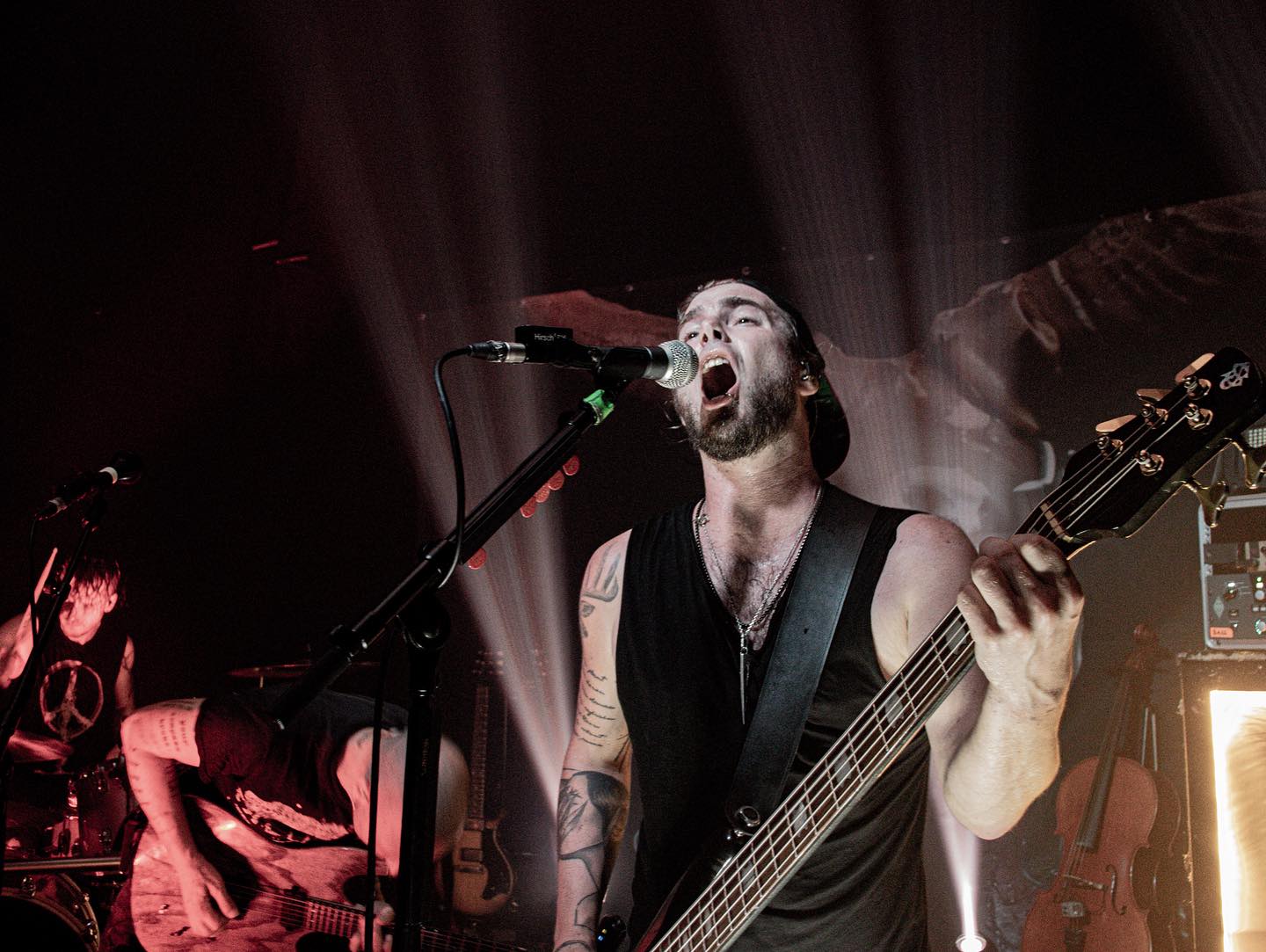 08 Oct 2023 - Thorsten
08 Oct 2023 - Thorsten
Very often we hear those silly jokes about the bass player who has an idea for a song and is then thrown out by his bandmates. But in a band like The Hirsch Effekt that surely is not the case as all three band members have their hand in the songwriting process and that makes for this awesome concoction that one hears on their records. Just recently they released their latest one called Urian. Reason enough to sit down for a talk!
Continue reading > -
Interview with Rebecca Vernon (The Keening, SubRosa)
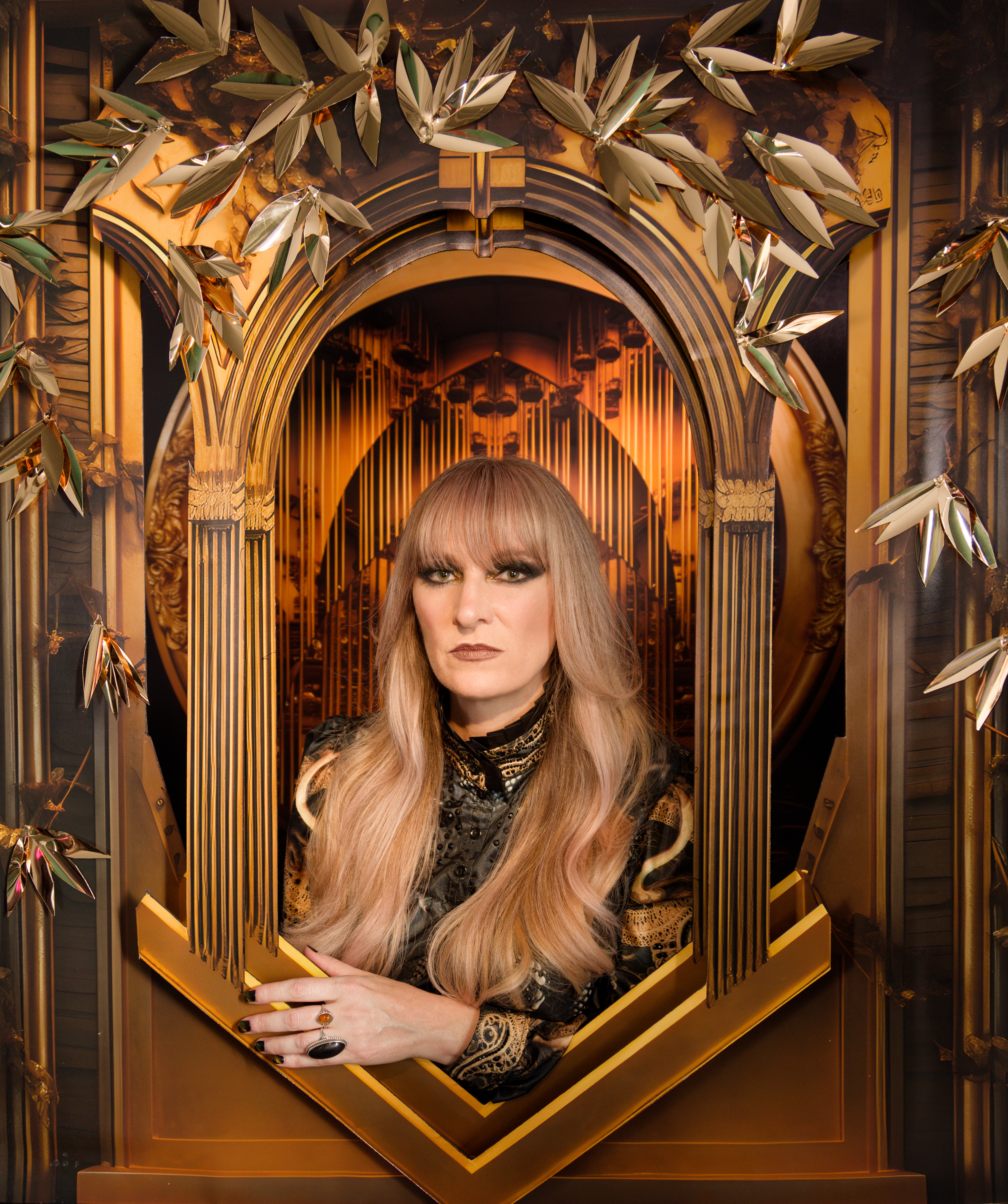 01 Oct 2023 - Thorsten
01 Oct 2023 - Thorsten
SubRosa is dead. Whether we like it or not. Yet their legacy continues as two really good projects have risen from their ashes - one is The Otolith, which we featured heavily on VoS last year and now we have The Keening, which is the new project by Rebecca Vernon. Her new record is coming up next week Friday and therefore we sat down with her and chatted about the new record called Little Bird, about Stevie Nicks and about much more. Enjoy!
Continue reading > -
Interview with Emil Amos (Grails, OM and more)
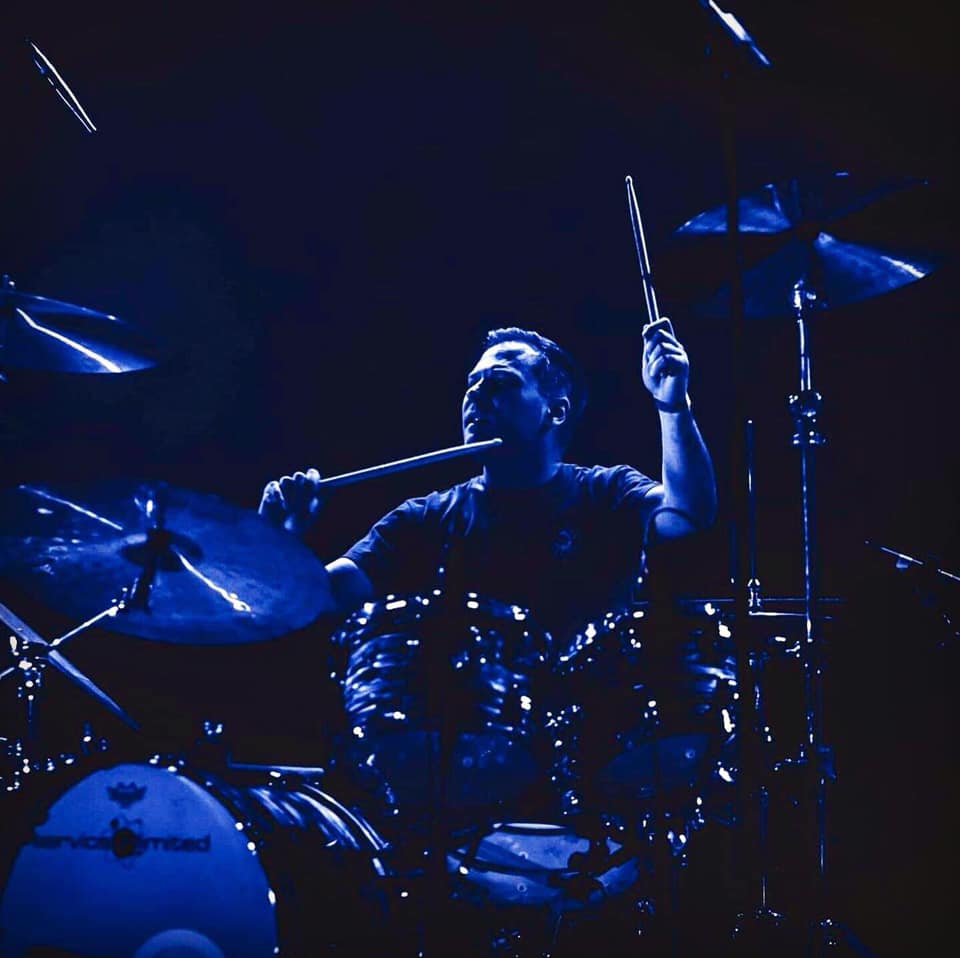 24 Sep 2023 - Thorsten
24 Sep 2023 - Thorsten
Grails have just released a new record and it is more than awesome, as you can already see by our review. The band has always been hard to grasp, but one thing never seems to change and that’s the high quality of their output. We spoke with Emil Amos, one of the two band leaders, about Anches en Maat (check out our review here) and much more especially about the love for movie sounds. Enjoy!
Continue reading > -
Interview with Joe Acheson (Hidden Orchestra)
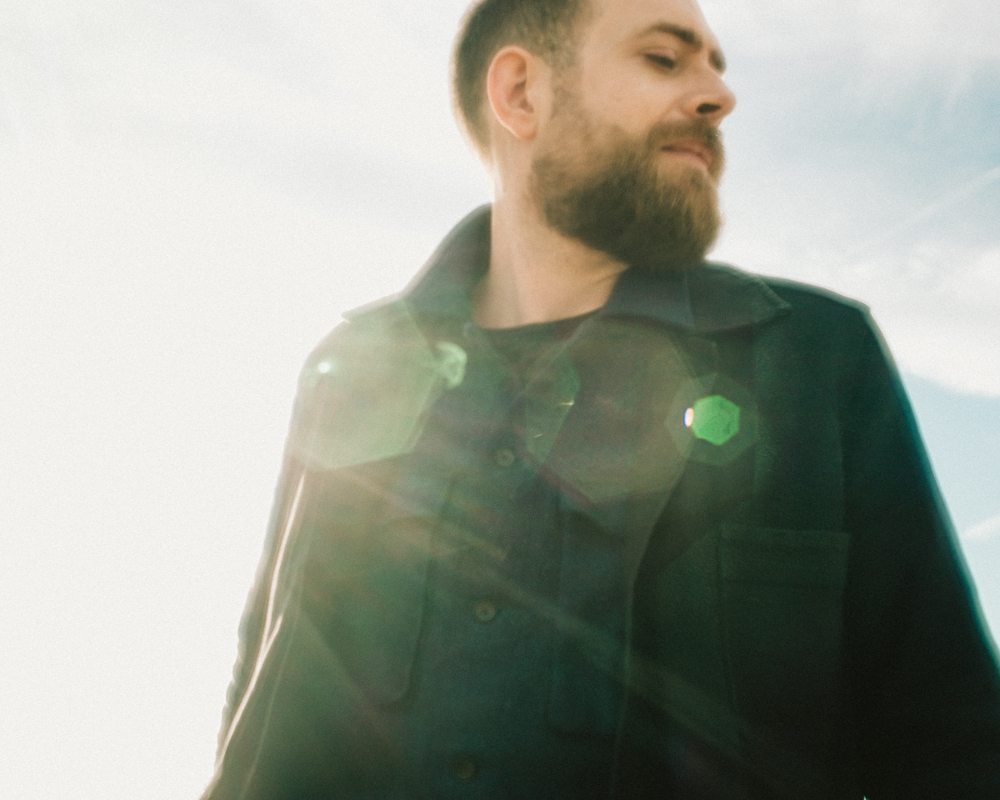 17 Sep 2023 - Thorsten
17 Sep 2023 - Thorsten
Denovali Records has always been a label for lovers of sound - and that has never restricted itself to one genre alone. That’s why one could find Drone Metal alongside experimental music alongside an act like Hidden Orchestra, which is going to release a new album next Friday, September 22. And as our head honcho is a huge fan he was very happy to sit down with HO’s mastermind Joe Acheson for a long, detailed interview.
Continue reading > -
Interview with Brian Tennison (Eave)
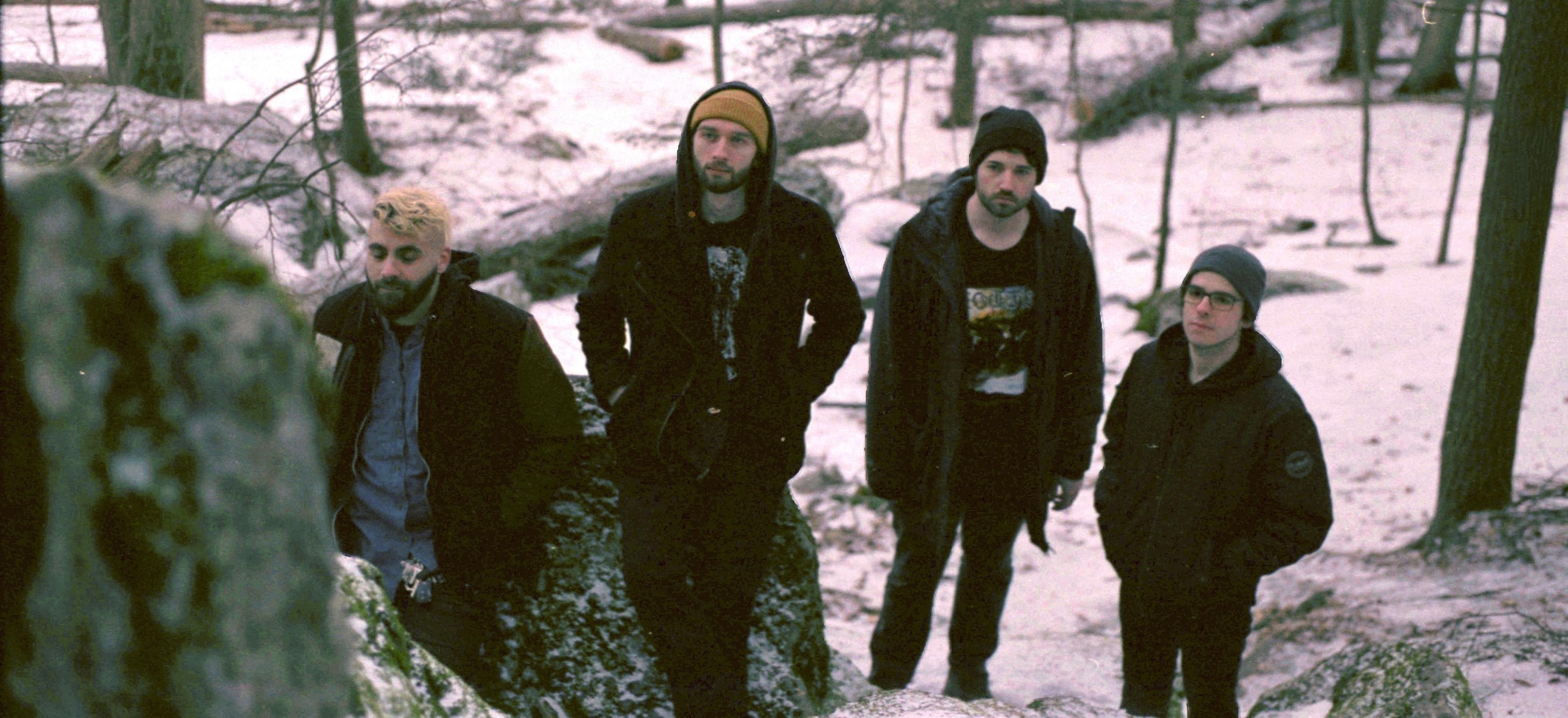 10 Sep 2023 - Thorsten
10 Sep 2023 - Thorsten
Black Metal itself is a highly paradox genre right? It’s always been connected to both - furor and melancholy. Musically, Atmospheric Black Metal represents that probably best, and one upcoming Atmospheric Black Metal band from the Northeastern USA (aka New England) that does that brilliantly is Eave. As we were proud to host a video premiere for them some weeks back, we are even happier that we got a chance to talk to Brian and hear some of his thoughts.
Continue reading > -
Interview with Rylan Gleave
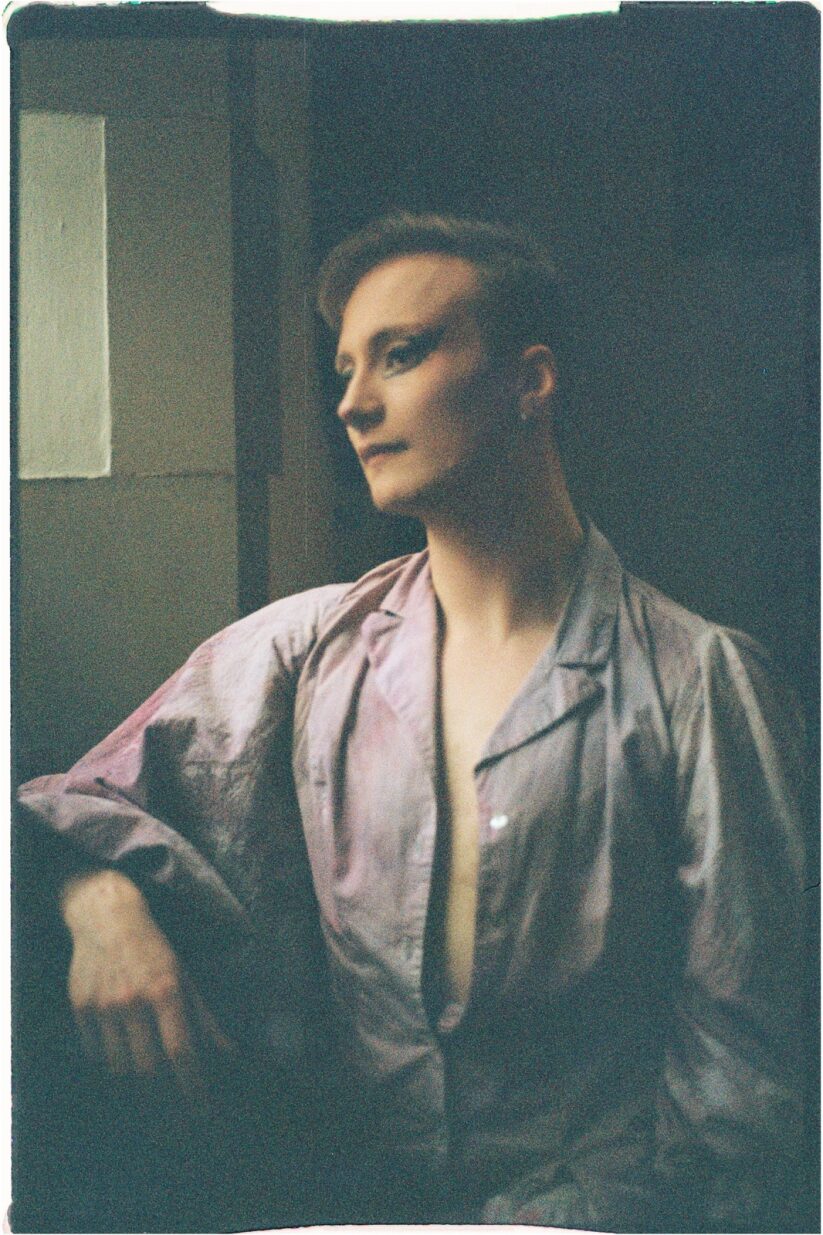 03 Sep 2023 - Thorsten
03 Sep 2023 - Thorsten
Transit. Transition. Transformation. All words that share more than just the starting syllable. All also indicate a progression from one “spot” to another. Rylan Gleave has gone through such a progression which we already spoke about in our review of his debut album In Chemical Transit which took us by surprise because it plays on and with audio from three very different periods of time in Rylan’s life. Furthermore it is a literally mesmerizing record as it combines Avantgarde soundscapes with real Classical vocal lines and songs. More than enough reasons to sit down and talk to Rylan.
Continue reading > -
Interview with Loather
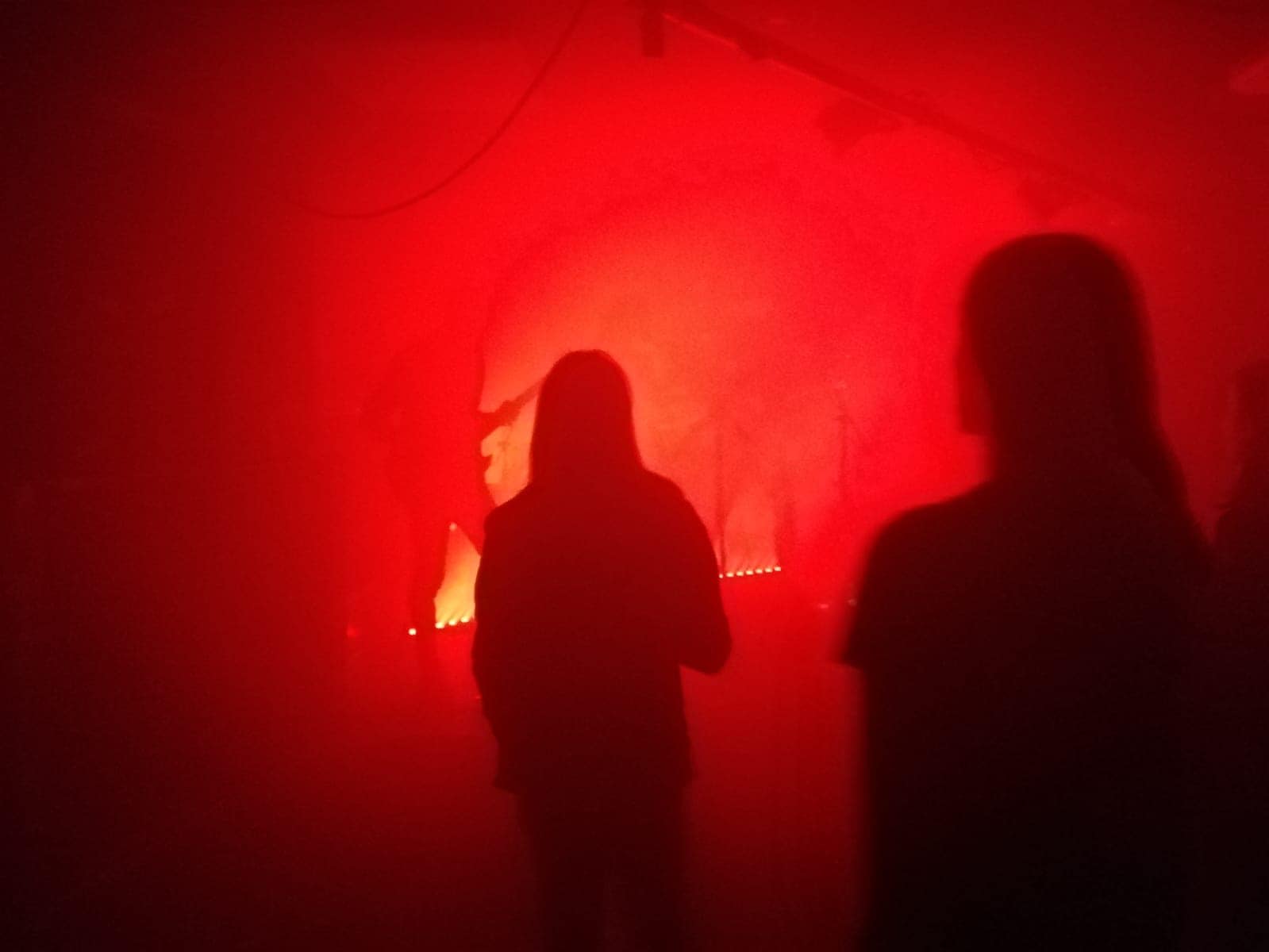 26 Aug 2023 - Thorsten
26 Aug 2023 - Thorsten
Having common friends are sometimes a really great thing when they introduce you to great artists who do not get enough attention which is about to change right now. The common friend who introduced me to Loather is Ralph from Ultha who also invited the guys from Vienna to his Unholy Passion fest in 2022. Now the guys have a new record out via Vendetta Records called Eis and I must say it is a really good Atmospheric Black Metal record with loads of spherical moments and still a lot of wonderfully dark bits. Reason enough to sit down with two of the guys for an interview.
Continue reading > -
Interview with Tim Wyskida (Khanate)
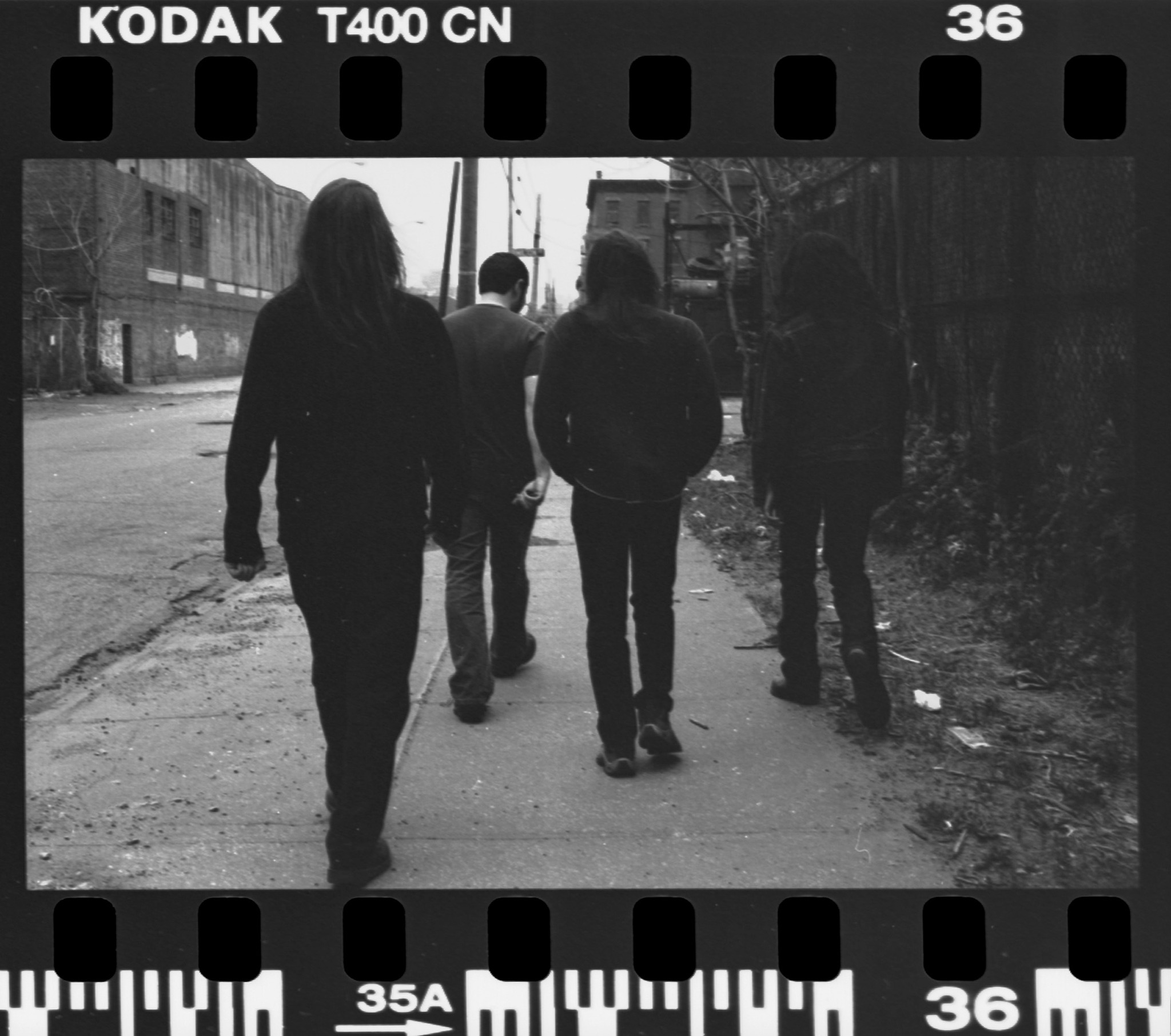 19 Aug 2023 - Thorsten
19 Aug 2023 - Thorsten
Khanate and their new record were one of the biggest surprises in 2023, simply dropping their fifth full-length without any official hints, promotion or anything on May 19. Everyone’s feed was dominated by the news and everyone automatically went ahead to listen to it. The record has now had time to settle in and people were able to dive into To Be Cruel and as we are sure that there are still things that need clarification and explanation! Hence we were happy to get together with drummer Tim Wyskida to talk about the record and loads of things related to it!
Continue reading > -
Interview with Hundred Year Old Man
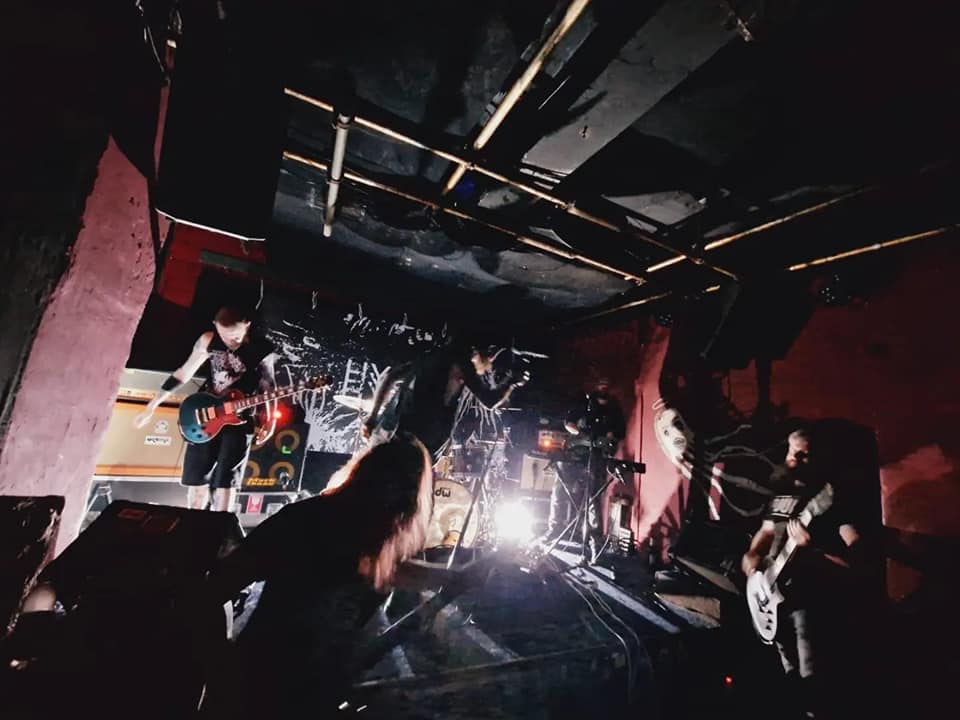 16 Aug 2023 - Simon
16 Aug 2023 - Simon
We are very pleased that leading UK post metal band Hundred Year Old Man sat down to speak to us with regards to life, the universe and everything in between.
Continue reading > -
Interview with Mizmor
 13 Aug 2023 - Thorsten
13 Aug 2023 - Thorsten
Mizmor has released his fourth full-length called Prosaic and has taken a new approach trying to not let a new record become an obsession, not trying to go for a full-fledged overarching theme. Nevertheless, this record is simply great, magnificent, superb, whichever positive adjective you wanna give it. In order to find out more about the process, the record and its place within his oeuvre, we talked with ALN. We’re very happy to give you this interview and we hope it makes your listening even more interesting and enjoyable (YES!)!
Continue reading > -
Interview with Stephen Brodsky (Mutoid Man, Cave-In and many more)
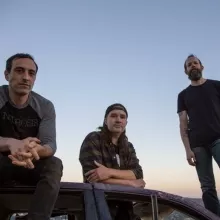 06 Aug 2023 - Thorsten
06 Aug 2023 - Thorsten
Stephen Brodsky should be a household name in our realms because he’s been in famous bands for close to 30 years - Cave-In, Converge (YES! for a very short time), Droneflower, Old Man Gloom and Mutoid Man to drop a few. His voice and his guitar playing has flavored many of our most beloved records. The last band, Mutoid Man, has released a new record called Mutants a few weeks ago. You can check out our review here, but for us here at VoS that’s not enough, so we talked to Stephen about the new songs, the influences on Mutoid Man and much more.
Continue reading > -
Interview with Xasthur
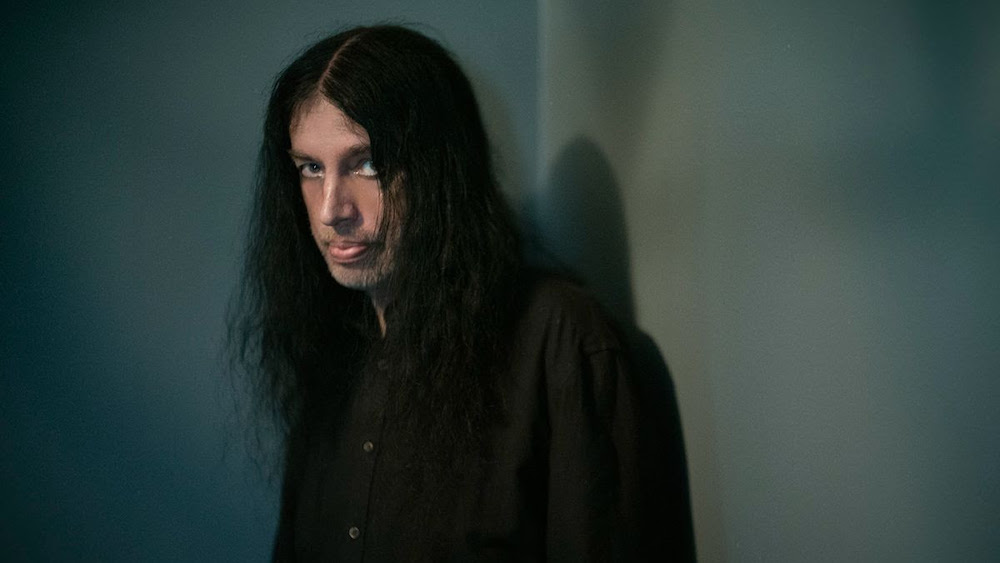 30 Jul 2023 - Thorsten
30 Jul 2023 - Thorsten
Inevitably Dark might be seen as a return to Black Metal made by Xasthur for some old school fans. However, one might be asking the questions whether Xasthur ever really was “only” Black Metal or if the project has not really been about much more than only BM? When talking to Scott one gets the impression that this record is - for the time being - a momentarily return only because he has already been off to completely different shores.
Continue reading > -
Interview with Steve von Till
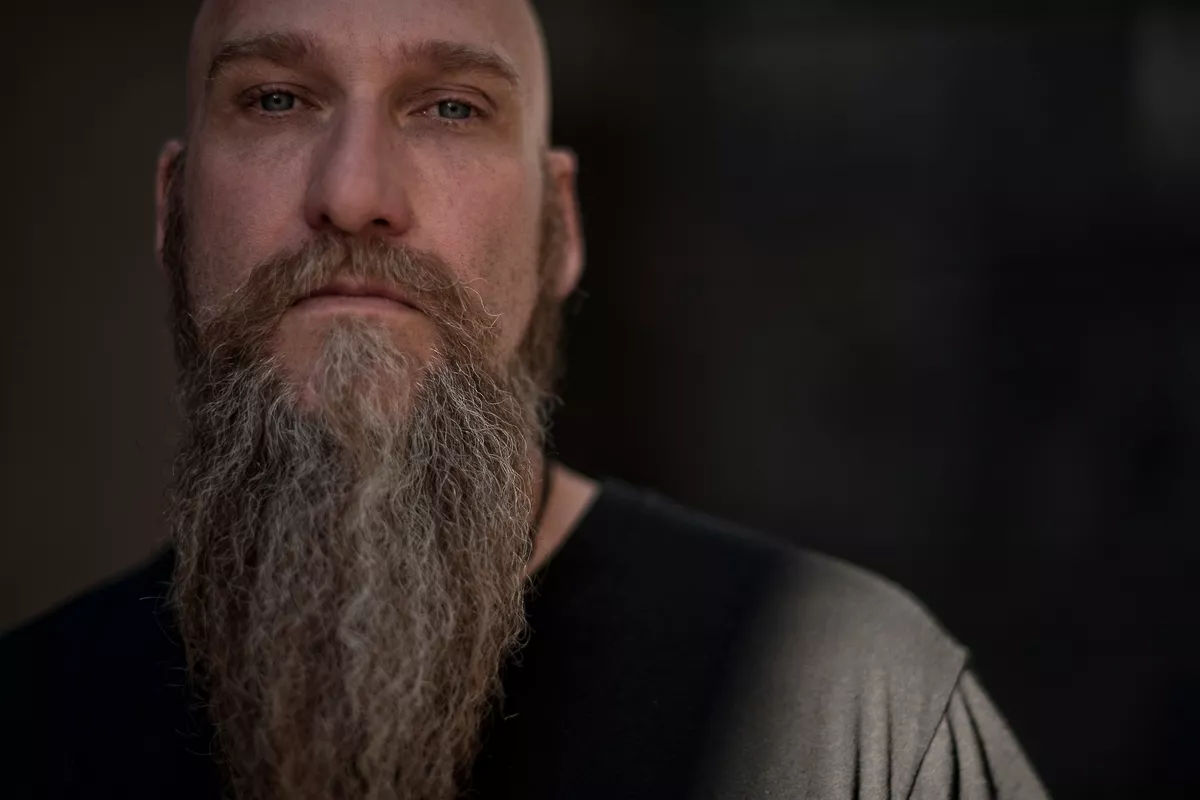 23 Jul 2023 - Thorsten
23 Jul 2023 - Thorsten
No Wilderness Deep Enough was surely a different record for Steve von Till - as he also points out in this interview. Wait - interview with Von Till? Yes! We were very fortunate to talk to the man himself, a mere 14 hours before he left for Europe where he will be touring for several weeks starting on Thursday, July 27, in Krakow.
Continue reading > -
Interview with Bell Witch
 23 Jul 2023 - Thorsten
23 Jul 2023 - Thorsten
There are bands who you can’t be angry with even though they might overthrow any plans you might have made - Bell Witch is one of them and when thinking back on Roadburn Friday and the massively packed main stage at the 013 - it is clear that many people simply love these guys for what they do as that is massive and miraculous, powerful and poetic. Whenever Jesse and Dylan release a new record, the scene is listening and justifiedly so, thus we needed to get an interview with the guys! Enjoy!
Continue reading >

